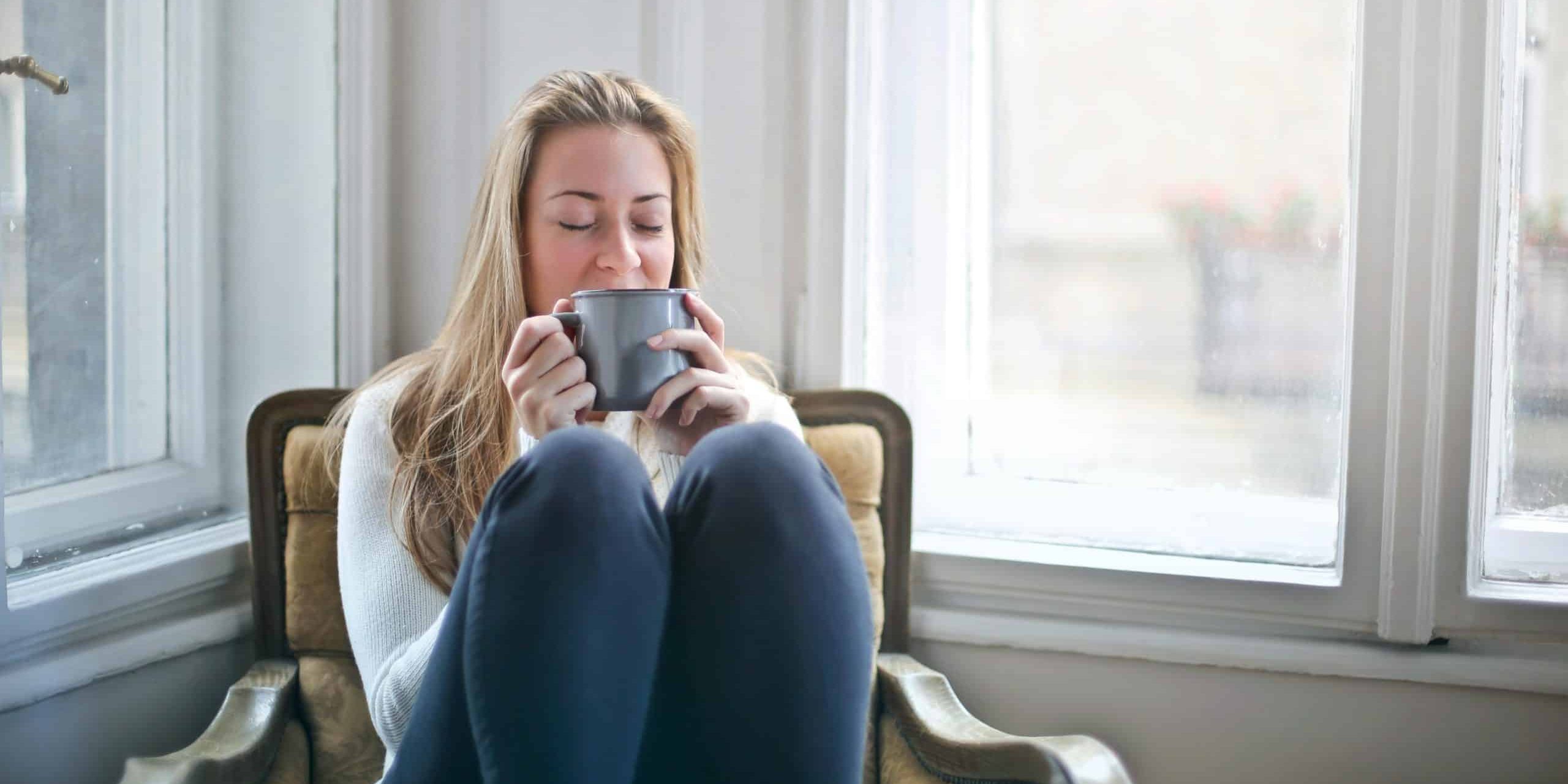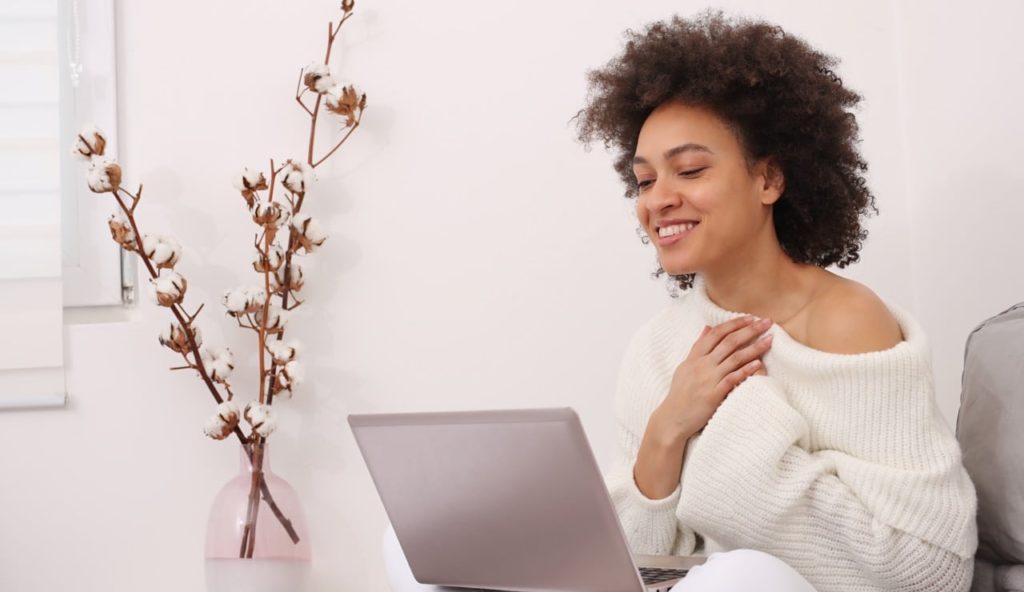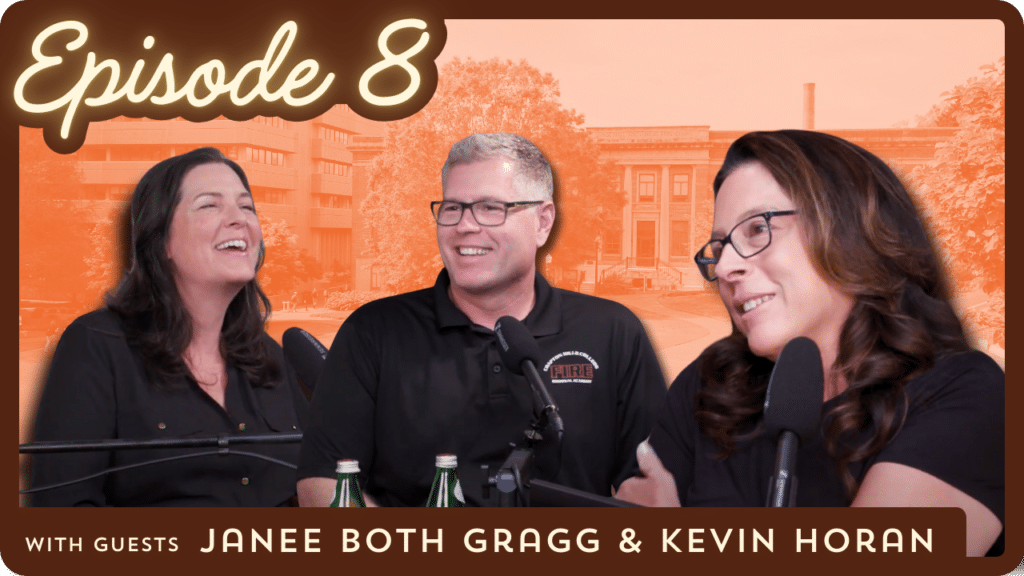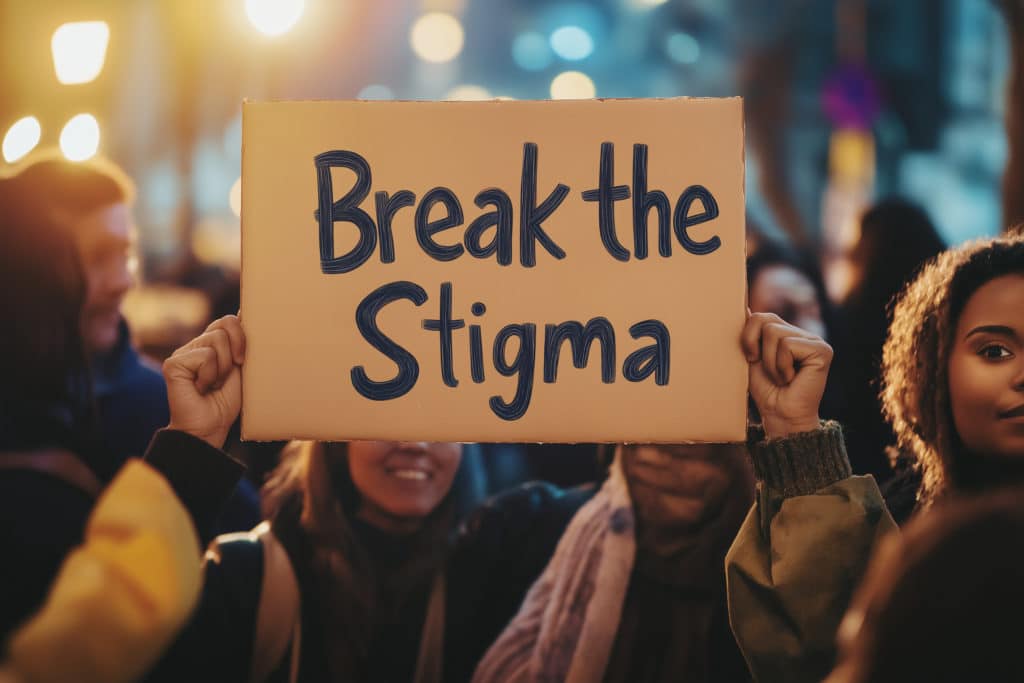
Anxiety might feel like the last thing you want to embrace, but it’s actually played a vital role in getting us to where we are today. It’s an ancient survival tool that’s still with us, even in modern life. Of course, that doesn’t make it easy to live with—anxiety can often stand in the way of a calm, peaceful existence. But what if, instead of trying to “get rid of” anxiety, we learn to work with it?
Here are some ways you can build a healthier relationship with anxiety and reduce its unhelpful impact on your life:
1. Challenge Your Avoidance
Avoidance might seem like an easy way out, but it can actually strengthen your anxiety’s grip. The more we avoid things that make us anxious, the more we reinforce that anxiety’s power. Challenge yourself in small ways to face situations or thoughts that trigger anxiety—this can help retrain your mind and break the cycle of anxiety and avoidance.
2. Watch What You Consume
Certain foods and drinks, like caffeine, alcohol, and sugar, can make anxiety worse. There’s been increasing research regarding how what we consume interacts with our brain function and neurobiology, particularly how certain foods can influence the release of neurotransmitters like dopamine, which plays a key role in mood regulation and mental well-being. Paying attention to how your dietary habits impact your mind and body can make a noticeable difference in how you feel.
3. Increase Awareness of Triggers
Notice what’s going on when you start to feel anxious. Is it a specific person, place, or situation? Is it a certain sensation, like tightness in your chest or shallow breathing? Becoming more aware of your triggers can give you better control over your reactions and give you the chance to create a plan to better navigate your anxiety.

4. Stay Active
Physical activity—whether it’s a walk, stretching, or a full workout—can help release built-up tension and calm your mind. When we move our bodies, we activate the parasympathetic nervous system, which helps counteract the stress response and promote relaxation. Regular movement also boosts the production of endorphins, the body’s natural mood elevators, which can help reduce anxiety and improve overall emotional well-being. Whether you’re easing into your day with gentle stretches or working up a sweat, physical activity is a natural and effective way to manage stress and restore balance to your nervous system.
5. Prioritize Sleep
Quality sleep is essential for mental health. When we’re well-rested, we’re better equipped to handle stress and anxiety. Poor sleep often leads to increased levels of stress hormones, reduced decision-making capabilities, and impaired problem-solving and impulse control. Make sure you’re getting enough rest to support your emotional well-being.
6. Journaling or Apps
Writing down your thoughts or using an app to track your anxiety (including thoughts, sensations, triggers, etc.) can help you externalize it and slow down the spiraling. Try setting aside time to “worry” intentionally—this simple act can help you gain perspective and reduce anxious overthinking.

7. Practice Mindfulness
Mindfulness helps you stay grounded in the present moment. It’s a powerful tool for shifting your focus away from anxious thoughts and back to what’s happening right now. This can include connecting with your surroundings and/or your body in the present moment.
8. Show Yourself Compassion
Anxiety can make us feel like we’re failing or not coping well enough. But showing yourself compassion—treating yourself with the same kindness you would offer a friend—can help ease the pressure and allow for healing and re-connecting with logical, calm thought processes.
9. Work With Your Anxiety
Rather than trying to eliminate anxiety, try working with it. Recognize its presence and purpose but also challenge or shift focus from the aspects that aren’t helpful. It takes time and effort and often means retraining your nervous system to understand when you’re truly in danger versus when you’re safe.
Remember, speaking with a therapist can be incredibly helpful on this journey. They can guide you in understanding and reducing your anxiety, giving you the tools to navigate it with greater ease, as personal experiences of anxiety can vary greatly.
While anxiety will always be a part of us and our human experience, we can learn to coexist with it in a way that doesn’t overwhelm us. Embrace it, work with it, and take small steps toward reclaiming your peace of mind.
Stay Updated With The Most Recent News & Blogs From Soultenders.
Get blog articles and offers via email







